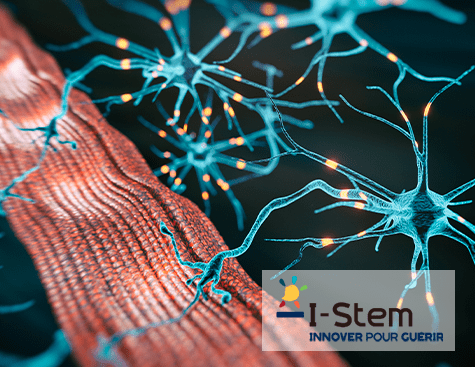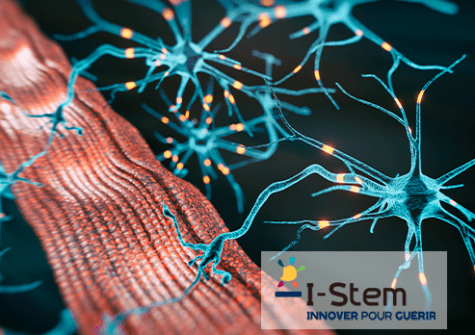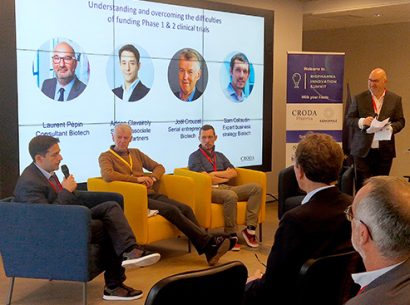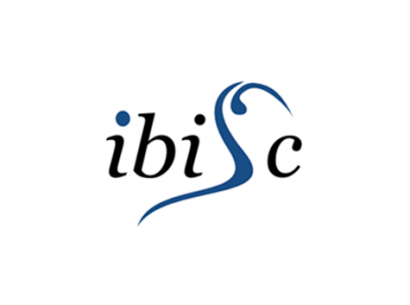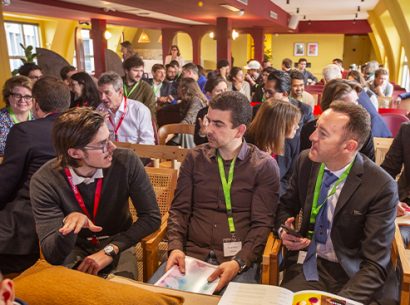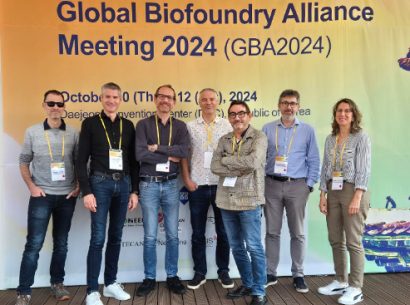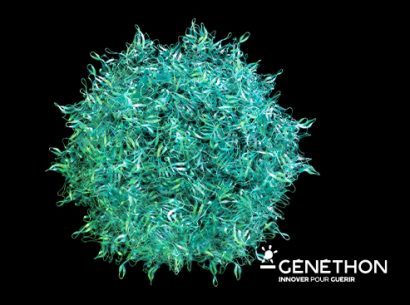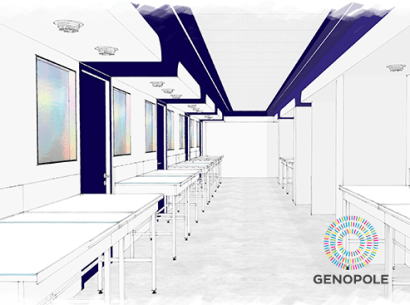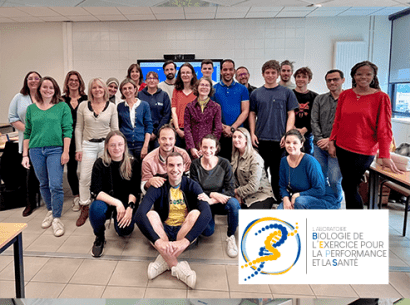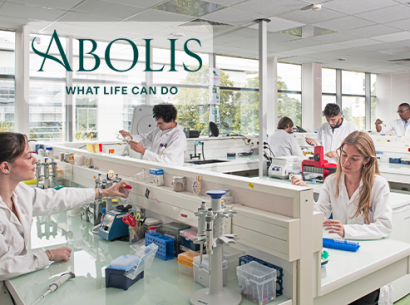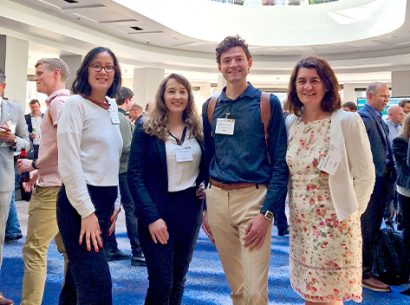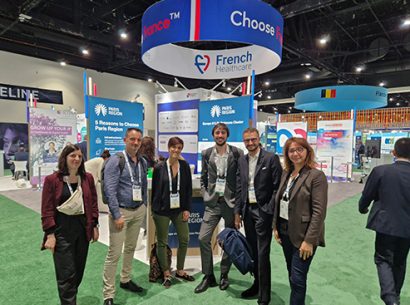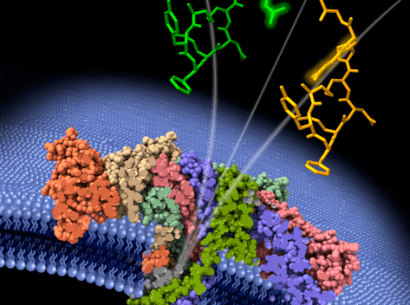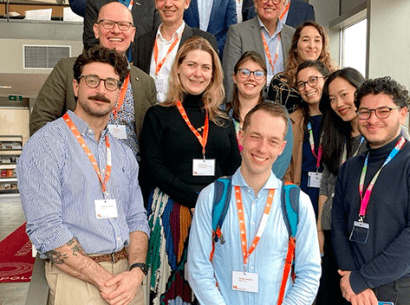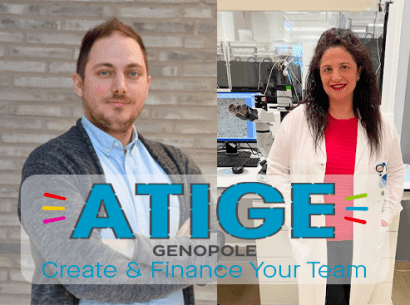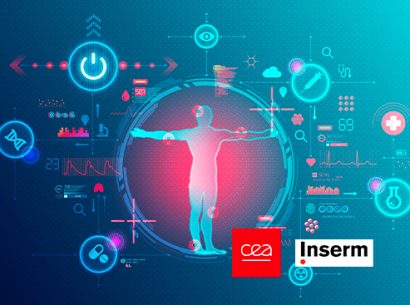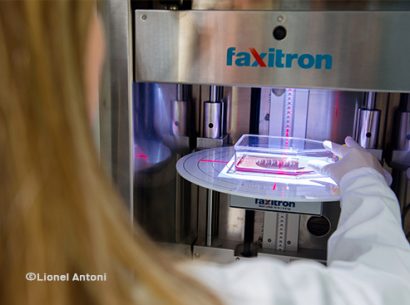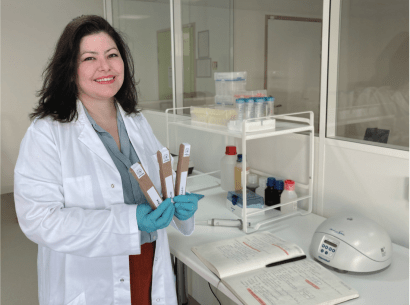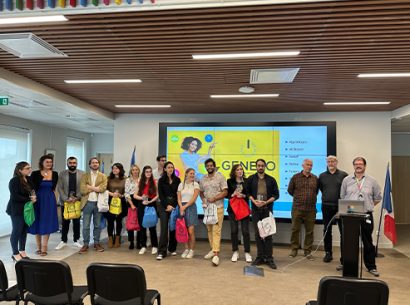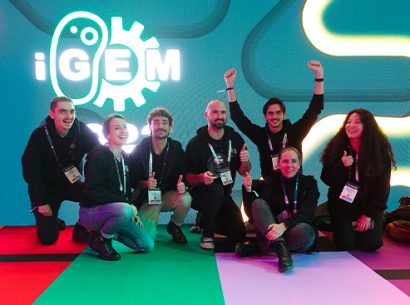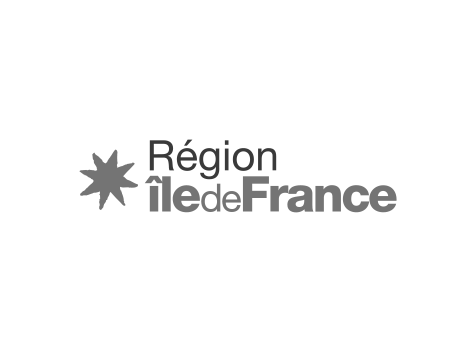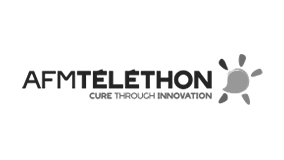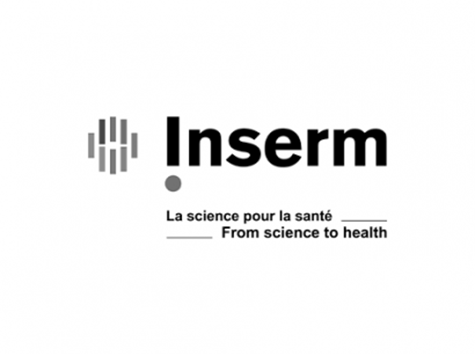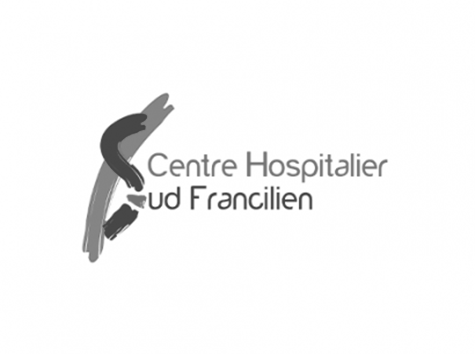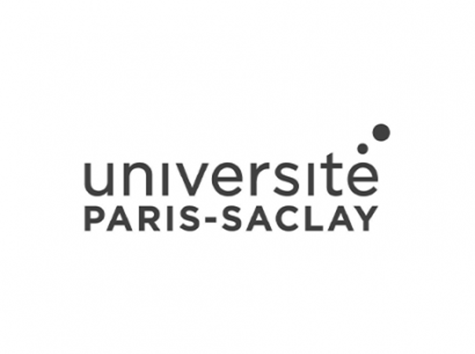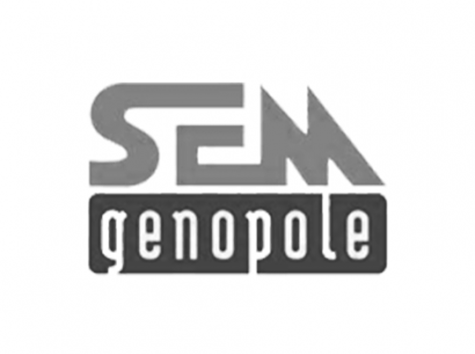Botulinum toxins are produced by the bacterium Clostridium botulinum. They have strong affinity for motor neurons and are able to cause flaccid muscle paralysis, as in the disease botulism, by blocking the release of the neurotransmitter acetylcholine, which is needed for muscle contraction.
However, in very small doses, botulinum toxins are used for cosmetic purposes and increasingly showing therapeutic potential in numerous medical disorders associated with muscular spasms: dystonias, strabismus, torticollis, gastrointestinal tract disorders, urological disorders, etc. The possibility of producing recombinant botulinum toxins would extend that therapeutic potential even further.
To test the potential of these toxins, researchers from I-Stem, IPSEN and the Neurodegenerative Diseases Laboratory teamed to develop a cellular model reflecting the physiological reality of the human body. Their work, published 5 December 2021 in Stem Cell Research & Therapy, furnishes an in vitro model of the human muscle-nerve system. The model comprises motor neurons derived from induced pluripotent stem cells in coculture with immortalized skeletal muscle cells. The team showed that junctions developed between the motor neurons* and the myotubes (a precursor cellular structure of muscle fibers) in their model, faithfully reflecting the in vivo neuromuscular junctions that transmit nerve impulses to muscle fibers to induce their contraction.
The model developed by the researchers is optogenetic, that is, the neuronal activity is controlled by light. Via calcium imaging, the team was able to directly visualize the impact of botulinum toxins on signal transmission.
The development of an in vitro model of muscle-nerve function able to predict and compare botulinum toxin efficacy is a major step forward for the study of the promising therapeutic potential of these proteins. The team’s achievement is yet another demonstration of the interest of pluripotent stem cells in the development of pertinent physiological cellular models and the study of therapeutic compounds.

